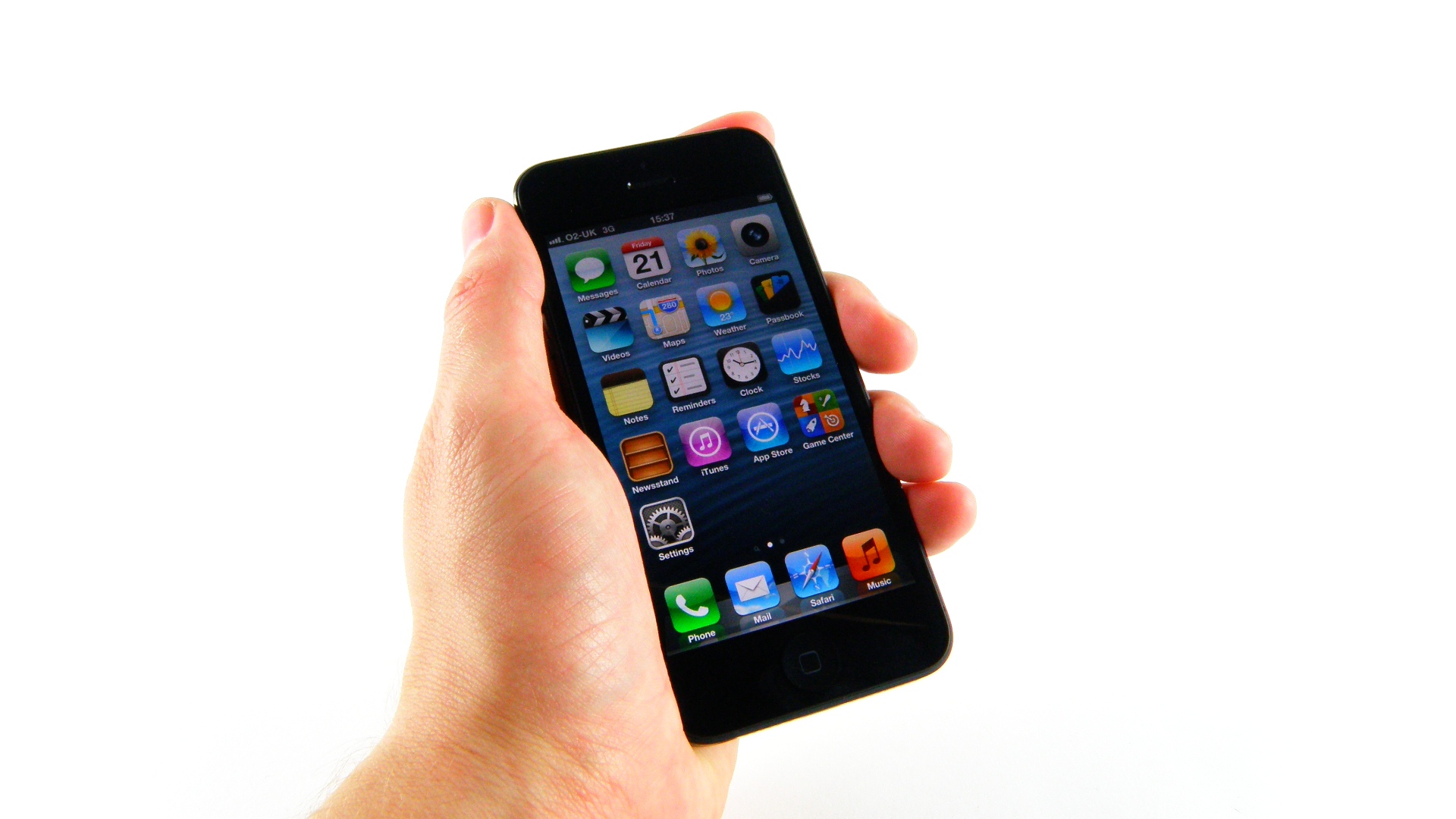Apple sold 47.8M iPhones, 22.9M iPads at the end of last year
Macs and iPods didn't do so hot

Sign up for breaking news, reviews, opinion, top tech deals, and more.
You are now subscribed
Your newsletter sign-up was successful
Beating its own projections, Apple released results for its earnings in the first fiscal quarter of 2013 today, revealing that it made a record $54.5 billion in revenue with a net profit of $13.1 billion.
During the same quarter last year (which was 14 and not 13 weeks long), Apple earned $46.3 billion in revenue and a profit of $13.1 billion.
As for devices, Apple said it sold a record 47.8 million iPhones during the 13-week period ending Dec. 29, 2012, up from 37 million the same quarter last year.
A record (there's that word again) 22.9 million iPads made it into consumer hands, up from 15.4 million during the same time last year. Both figures were records at the time the numbers were posted - this last quarter blew both out of the water.
"We're thrilled with record revenue of over $54 billion and sales of over 75 million iOS devices in a single quarter," said Tim Cook, Apple CEO, in a statement. "We're very confident in our product pipeline as we continue to focus on innovation and making the best products in the world."
Figure fun
As with all earnings calls, numbers were thrown left and right, but a few interesting tidbits floated to the surface.
Among them was news that Apple's average weekly revenue was $4.2 billion, up from $3.3 billion every seven days during the same time a year ago. That's enough cash to buy 1,750 Bugatti Veyron Super Sport (the most expensive car in the world) once a week.
Sign up for breaking news, reviews, opinion, top tech deals, and more.
Cook said that to date, over half a billion iOS devices have been sold, with 10 per second flying out the door last quarter alone.
There are now 250 million iCloud accounts, he noted, while iMessage users sent 200 million messages a day.
iTunes pulled in record figures, culling a cool $2.1 billion for the Cupes. Two billion App Store downloads went down in December.
Eleven new retail stores opened up and each location contributed to $1.6 billion in income. Four of those locations opened in China. Interestingly, international sales made up 61 percent of the quarter's revenue.
As for Apple TV, Cook played coy once again, calling it a key area of interest and revealing the company sold 2 million units during the quarter.
"There's a lot we can contribute to the space," he said when asked about its future.
A last number for kicks: Cook said that next week, Apple will add 36 new LTE carriers on top of the 24 it already has.
Downtime
Not all of Apple's reportings were records, however.
The company sold 4.1 million Macs, a dip from 5.2 million sold during the same quarter last year. iPods were also down - from 15.4 million during the same time last year to 12.7 million.
Mac sales were hurt by "significant restraints" on supplies, Cook explained.
"[iMac numbers would be] significantly higher if the constraints did not exist," he said.
What's more, Cook said that cannibalization from iPads also contributed to poorer than hoped for Mac figures, though he said Apple views devices taking bites out of one another "a huge opportunity."
"Our philosophy is to never fear cannibalization," Cook said. "If we do, somebody else will just cannibalize it.
"iPhone has cannibalized the iPod business, the iPad has cannibalized Mac," he continued.
While Cook and crew are seemingly embracing cannibalization, it's important to note that they are only OK with internal cannibalization - as long as another Apple product replaces the one being devoured, bon appetit.
Wall Street was unimpressed with Apple's feats - shares toppled more than 10 percent in after hours trading, despite the records set. Analysts had predicted $54.9 billion in revenue, according to figures compiled by Bloomberg, but Apple missed that mark.
The suits on the Street may be hard to please, but we'll have to watch Apple next quarter - when it projects to pull in between $41 billion and $43 billion - to see if it's starting to take a significant slide.

Michelle was previously a news editor at TechRadar, leading consumer tech news and reviews. Michelle is now a Content Strategist at Facebook. A versatile, highly effective content writer and skilled editor with a keen eye for detail, Michelle is a collaborative problem solver and covered everything from smartwatches and microprocessors to VR and self-driving cars.